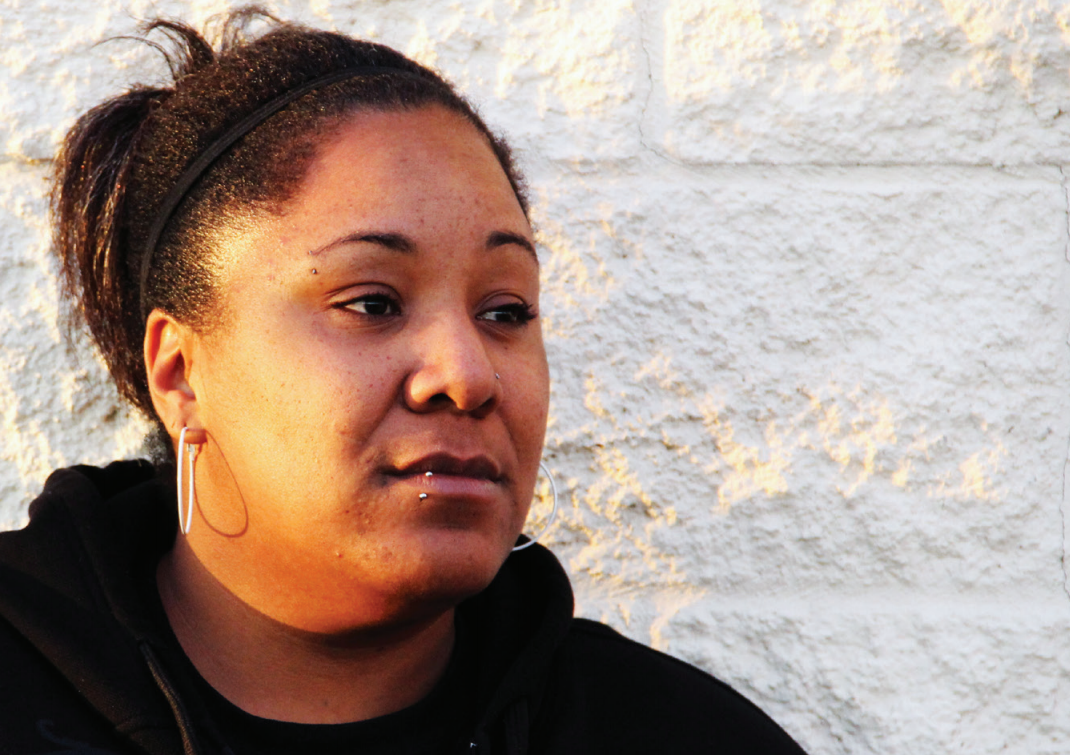Virginia Dickerson was in and out of the criminal justice system from 1997 to 2009 on drug and driving-related charges. Then she began to turn her life around, becoming sober, moving into stable housing, creating a parenting plan for her child, and working full-time in a restaurant.
Still, Virginia was under constant pressure due to legal financial obligations (LFOs) to the court system. Between 2010 and 2011, Virginia was ordered to pay the Benton County Superior Court over $5,000 in fines and penalties, plus $1,920 in court costs and attorney’s fees, because of two drug-related convictions. The fines, and their 12 percent interest rate, became an overwhelming burden for Virginia and her family.
“Sometimes, I have to choose between paying for transportation to my job or for food and paying the full amount on my LFOs,” she told the ACLU of Washington and Columbia Legal Services.
People should have the opportunity to reclaim their lives, support their families, and participate in their communities after serving their criminal justice sentence. However, court-imposed debt presents a formidable barrier, pushing people deeper into poverty and prolonging their involvement in the criminal justice system.
LFOs can include court-assigned fines, fees, and restitution orders with 12 percent interest that begins accruing on the conviction date. Because of the institutional racism in our criminal justice system, the families and communities burdened with LFOS are disproportionately made up of people of color.
In our current system, previously incarcerated people are trapped in debt and instability, and victims do not receive the restitution that they deserve. The current collection rate averages 23 percent or even lower according to the Administrative Office of the Courts. We advocate for legislation that will reduce non-restitution LFO debt and reform the system.
Update (May 24, 2016): The LFO reform bill passed the House unanimously, and but failed to pass the Senate. It’s very likely that advocates will introduce similar legislation in 2017; stay tuned.
